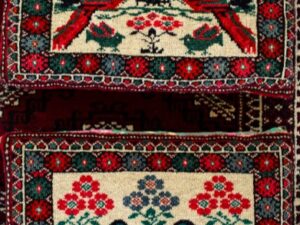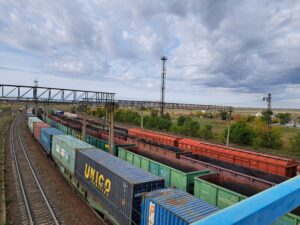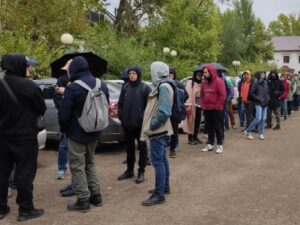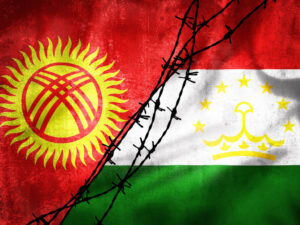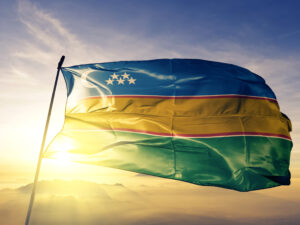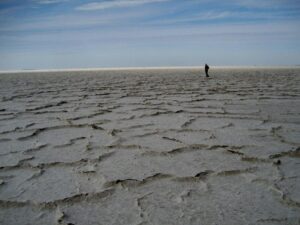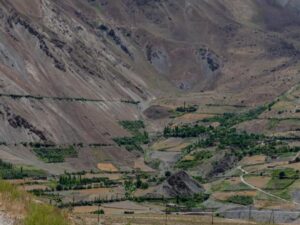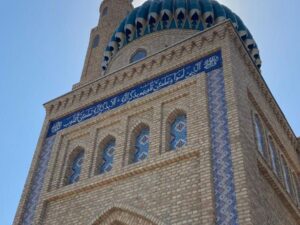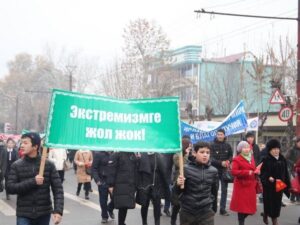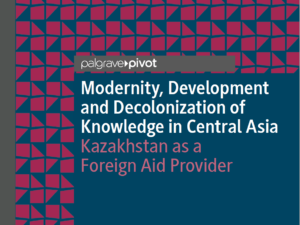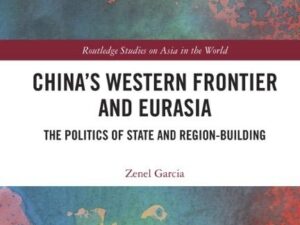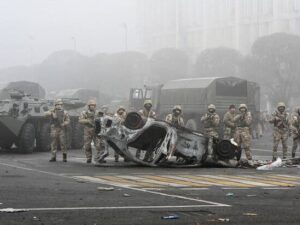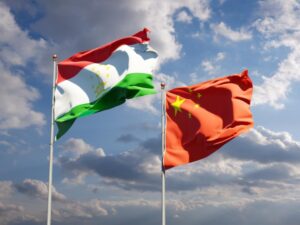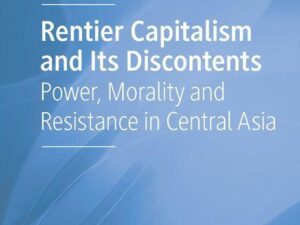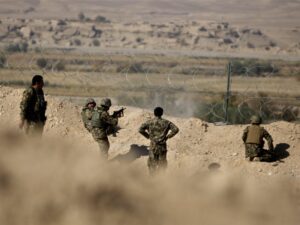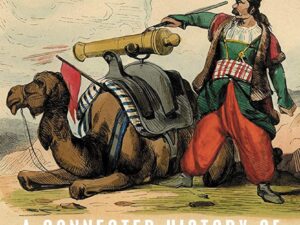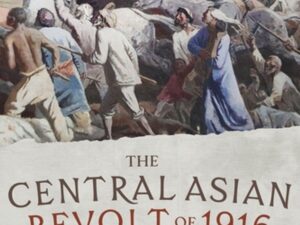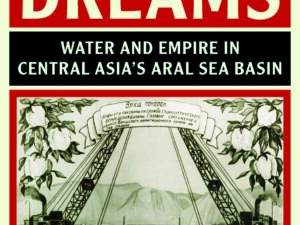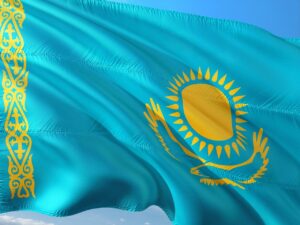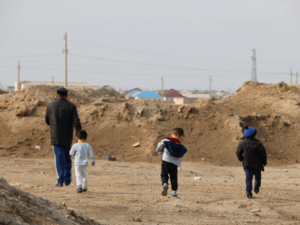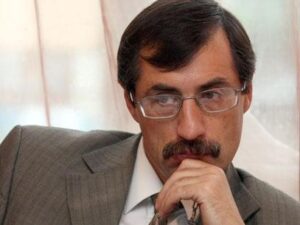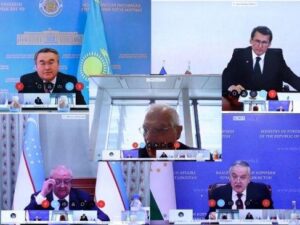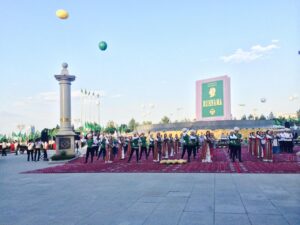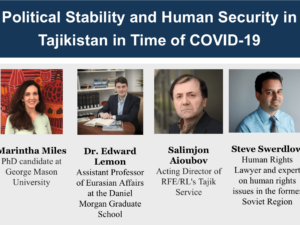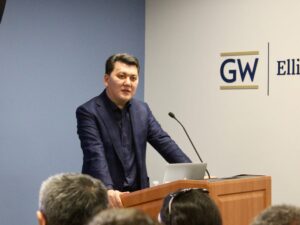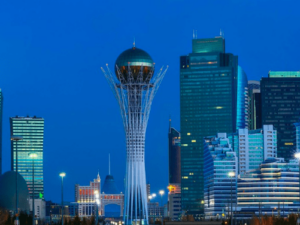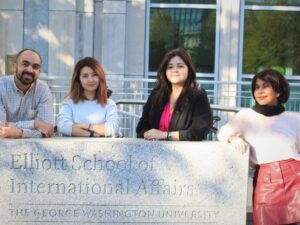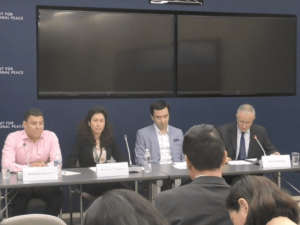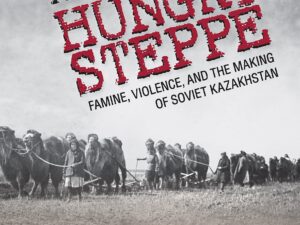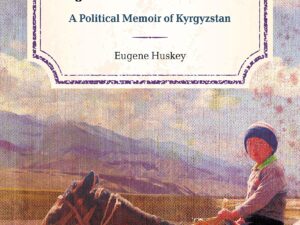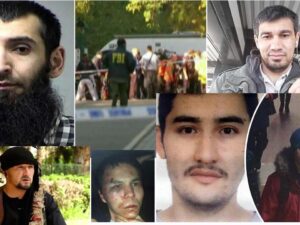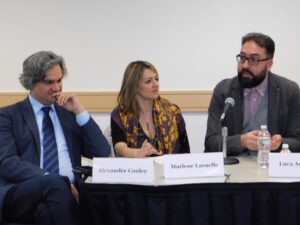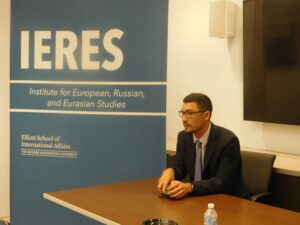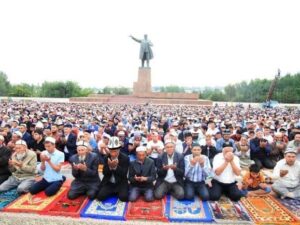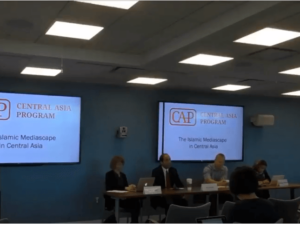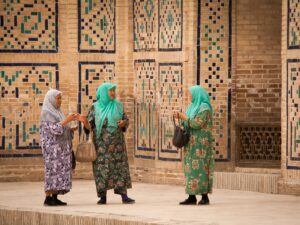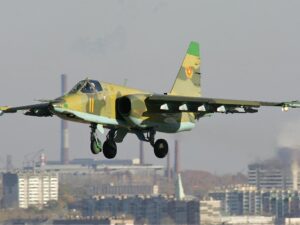
- This event has passed.
Murad Ismayilov – (Homogenising) Hybrid Intentionality and the Dialectics of Elite Attitudes to Islam: Towards a Re-Sacralisation of the Political Space in Azerbaijan
9 January, 2017 @ 5:30 PM - 7:00 PM
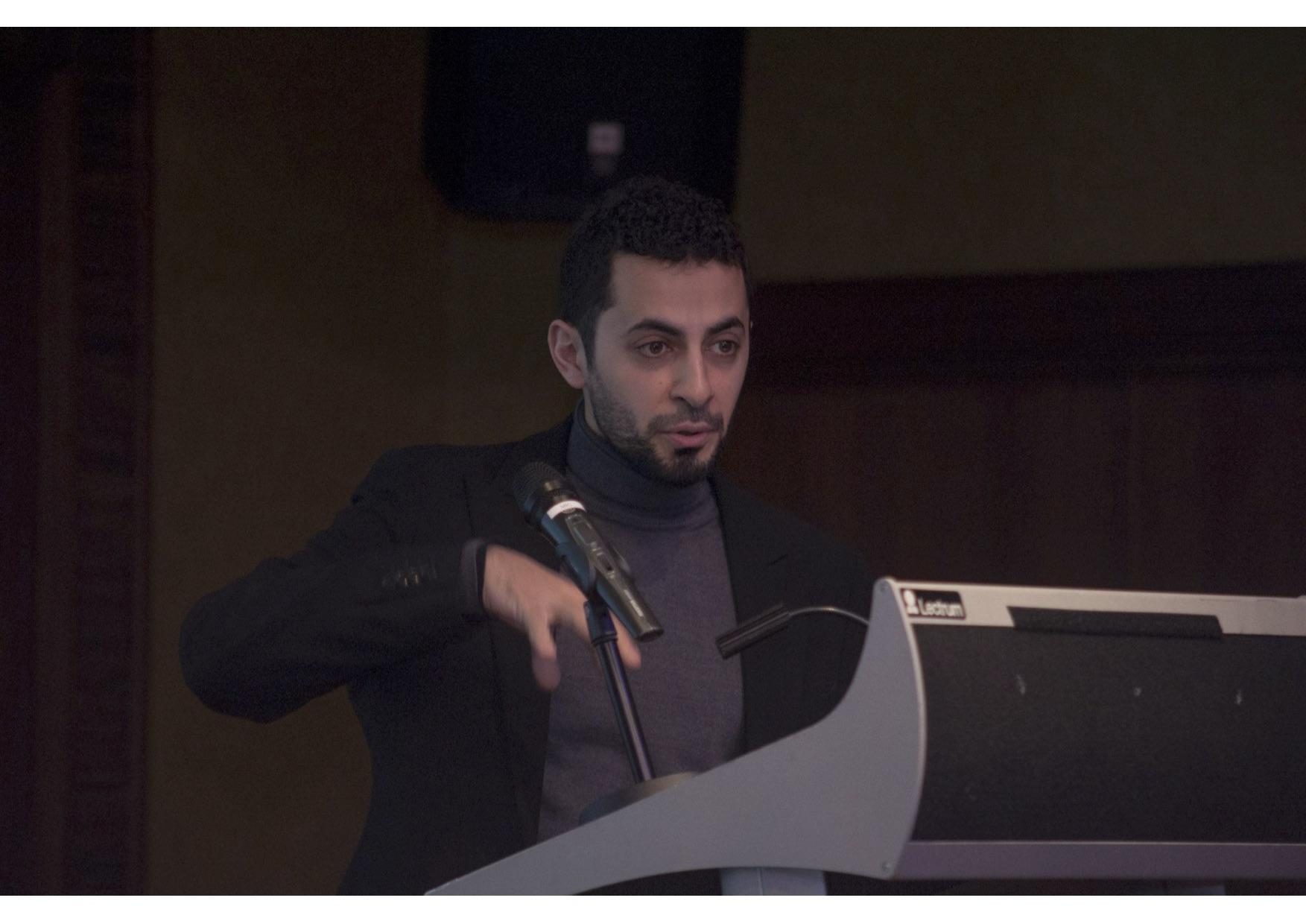
Azerbaijan’s independence came after seven decades of militant atheism of the Soviet modernization project and emerged into staunch secularism of Western modernity, two factors that, on a par with the country’s precarious neighbourhood, promised a sustained indigenous effort towards a desacralization of the country’s political space and the associated exclusion of religion from politics, a modern blueprint that the Azerbaijani state and its society have stood united to diligently follow over the cause of the country’s independent existence. Yet the specific dynamics facing the country in the third decade of independence and the changing contours of its international engagements have gradually been working to loosen up the latter formula and lay the groundwork for a quintessentially Azerbaijani pathway of statehood to follow, one combining the nation’s historical embeddedness in an Islamic milieu with its century-old practical experience of modern policy making.
Murad Ismayilov is a doctoral researcher at Politics, Psychology, Sociology and International Studies (PPSIS) at the University of Cambridge. He holds an MSt in International Relations from the University of Cambridge and an M.A. in International Relations from Baku State University (Azerbaijan). He has been awarded fellowships and research and visiting scholar grants from Open Society Institute Europe Foundation, Aleksanteri Institute, Norwegian Institute of International Affairs (NUPI), Michigan State University’s Center for European, Russian and Eurasian Studies (CERES), and NATO Studies Centre (Bucharest, Romania). His research interests include political and social theory, the politics of modernity, postcolonial theory, sociology and political economy of post-Soviet transformation, social movements, sociology and political economy of power, sociology of class, sociology of intellectuals, sociology and security of the Middle East, sociology and political economy of religion, as well as Islamic theology and Islamic political thought.




